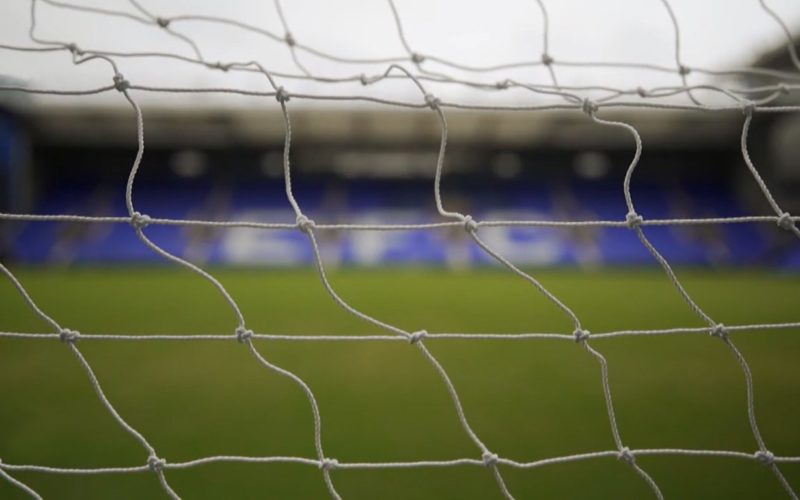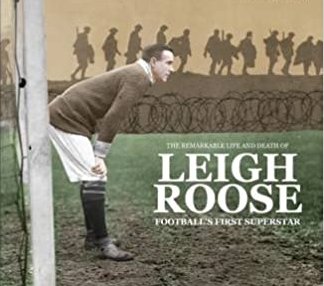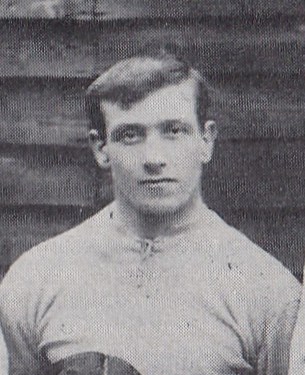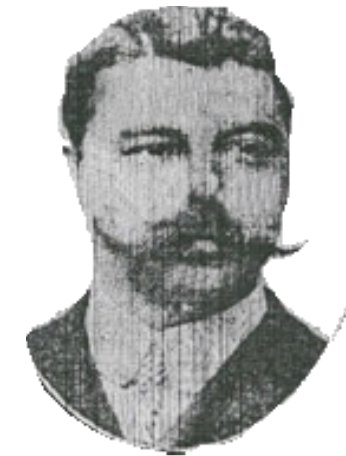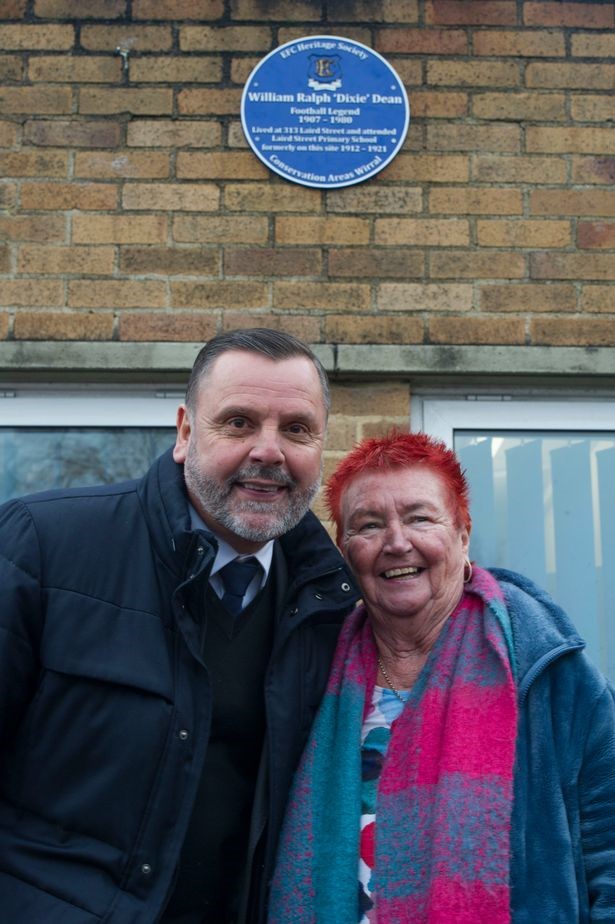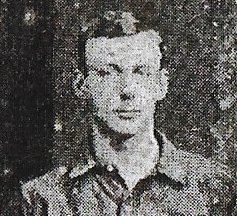Net Gains: John Alexander Brodie’s Sporting and Civic Legacy
Rob Sawyer appears on French TV Recently, Heritage Society member Rob Sawyer appeared on the French TV channel ARTE, to tell the story of the origin of goal nets. It's an enjoyable film put together by our gallic visitors, capturing some great shots around Goodison, as well as the surrounding area. Unfortunately, there are no subtitles, but if your French skills aren't quite up to the job, Rob's fascinating article telling the full tale appears below. (click the image to watch the video) Net Gains: John Alexander Brodie’s Sporting and Civic Legacy Rob Sawyer The rustle of the net as…

